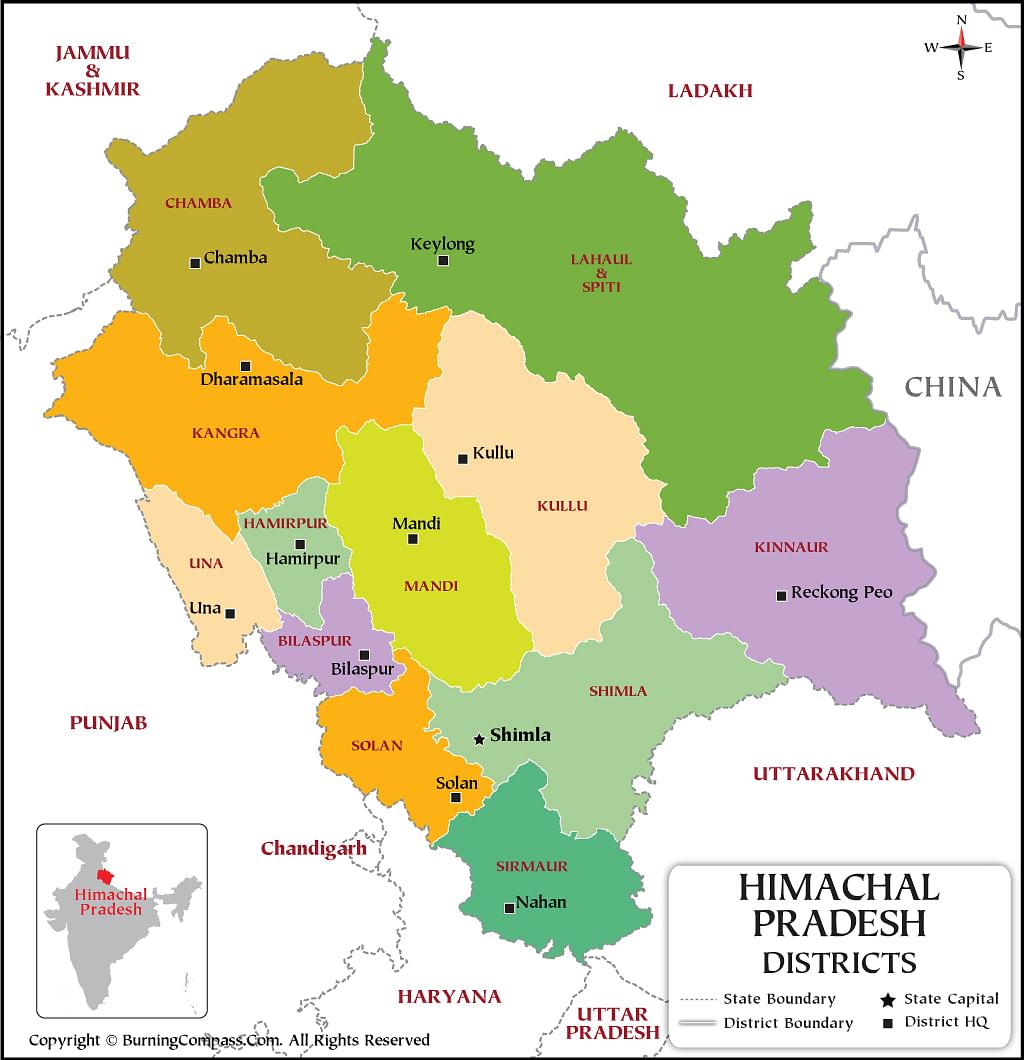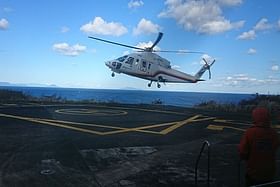The Himachal Pradesh government has given clearance for setting up of eight heliports in six districts of the state this year.
Heliports will be constructed at Sasan in Hamirpur, Rakkar in Kangra, Sultanpur in Chamba, Pirdi in Kullu, Jispa, Sissu and Rangrik in tribal Lahaul-Spiti district and Sarvo in tribal Kinnaur district in the first phase.
In the second phase, there is a proposal for the construction of heliports at Nahan and Dhar Kyari in Sirmour, Chanshal Larot in Shimla, Jankaur in Una, Galanala in Solan and Pangi and Holi in Chamba.

As part of the plan, old helipad at Sultanpur in Chamba district headquarters will be developed into a heliport.
While the government has selected Pirdi in Kullu district, administrative consultations are being held regarding Kullu’s Aloo Maidan as well.
Deputy commissioners have selected land for the construction of heliports in the six districts. Pawan Hans will start the consultancy work related to the heliport from the first week of March.
The Centre will allocate the budget to the state for the construction of the heliport as per prescribed parameters. The State administration has sent ethe Detailed Project Reports (DPRs) to the Centre for getting funds.
The latest decision will lure tourists to unexplored areas, and improve air connectivity in the state.
Focus On Tribal Areas
There is a plan to build a heliport in each district, but considering the high potential of tourism in tribal areas, more than one heliport will be built in those areas.
The Kinnaur and Lahaul-Spiti districts, in their entirety, and some areas of Chamba district constitute the majority of tribal population in the state.
These are situated in the north and north-east of the Pradesh forming a contiguous belt in the far hinterland behind high mountain passes and are amongst the remotest and most inaccessible areas in the State with average altitude being 3,281 metre above the mean sea-level.
The most distinguishing mark of the tribal areas in the State is that they are very vast in area but extremely small in population with the result that per unit cost of infrastructure activity is very exorbitant, which explains why government is prioritising them.


